November 27, 2019
UK falling behind in global skills race
 New research published today by City & Guilds Group claims that the UK risks being left behind as employers across the world race to upskill their workers. As digitalisation and fluctuating economies transform the skills needed in the workplace today, employees are less confident than their bosses that they’ll have skills they need for the future. The study, conducted by City & Guilds Group business Kineo, surveyed 6500 employees and 1300 employers across 13 international markets. It found that employers in developing countries with rapidly emerging economies are among the most likely to ramp up investment in upskilling their workforce in the near future, compared to developed economies such as the UK.
New research published today by City & Guilds Group claims that the UK risks being left behind as employers across the world race to upskill their workers. As digitalisation and fluctuating economies transform the skills needed in the workplace today, employees are less confident than their bosses that they’ll have skills they need for the future. The study, conducted by City & Guilds Group business Kineo, surveyed 6500 employees and 1300 employers across 13 international markets. It found that employers in developing countries with rapidly emerging economies are among the most likely to ramp up investment in upskilling their workforce in the near future, compared to developed economies such as the UK.









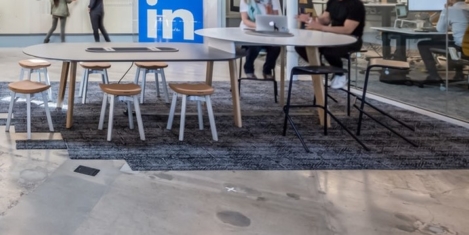
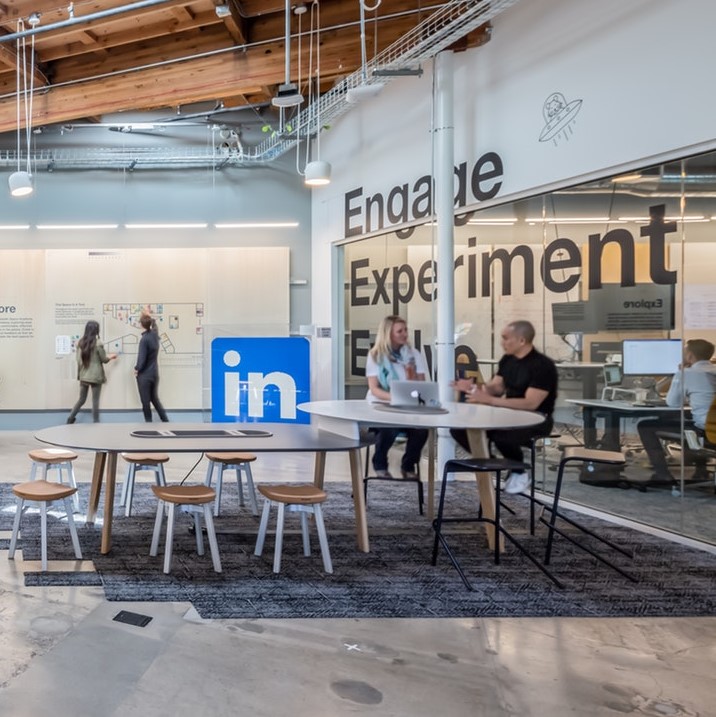


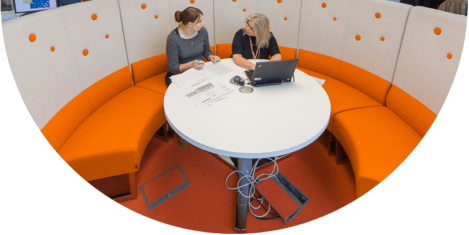
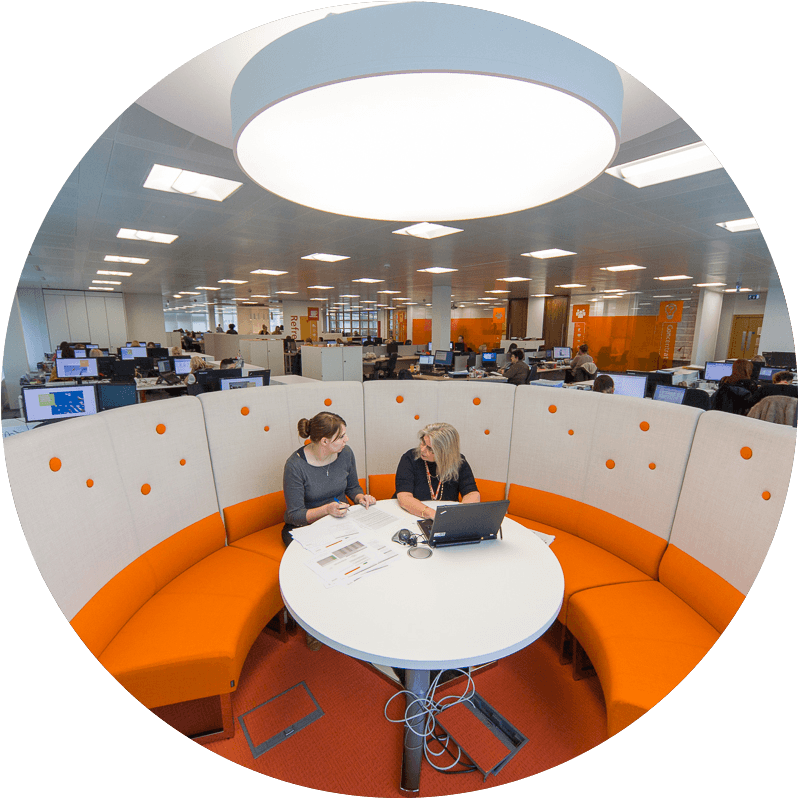


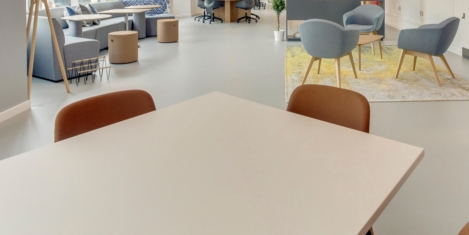
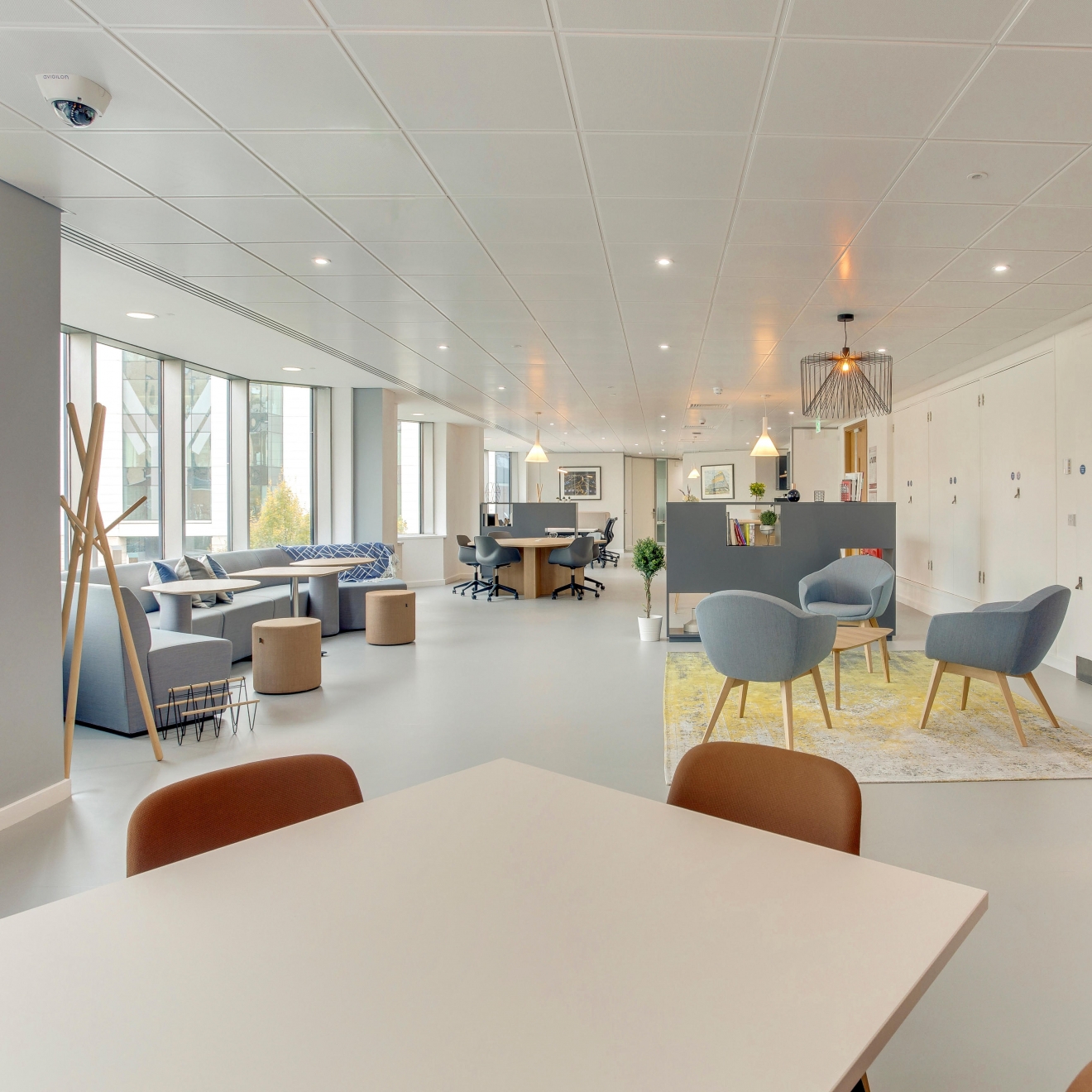

















November 27, 2019
Designers may be ignoring leadership style in quest for productive workplaces
by Jayne Smith • Comment, Workplace design